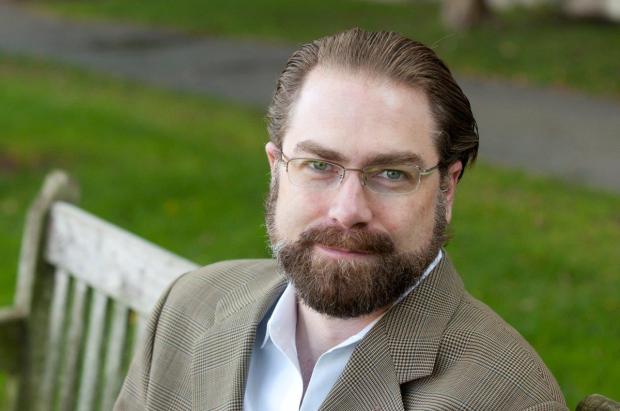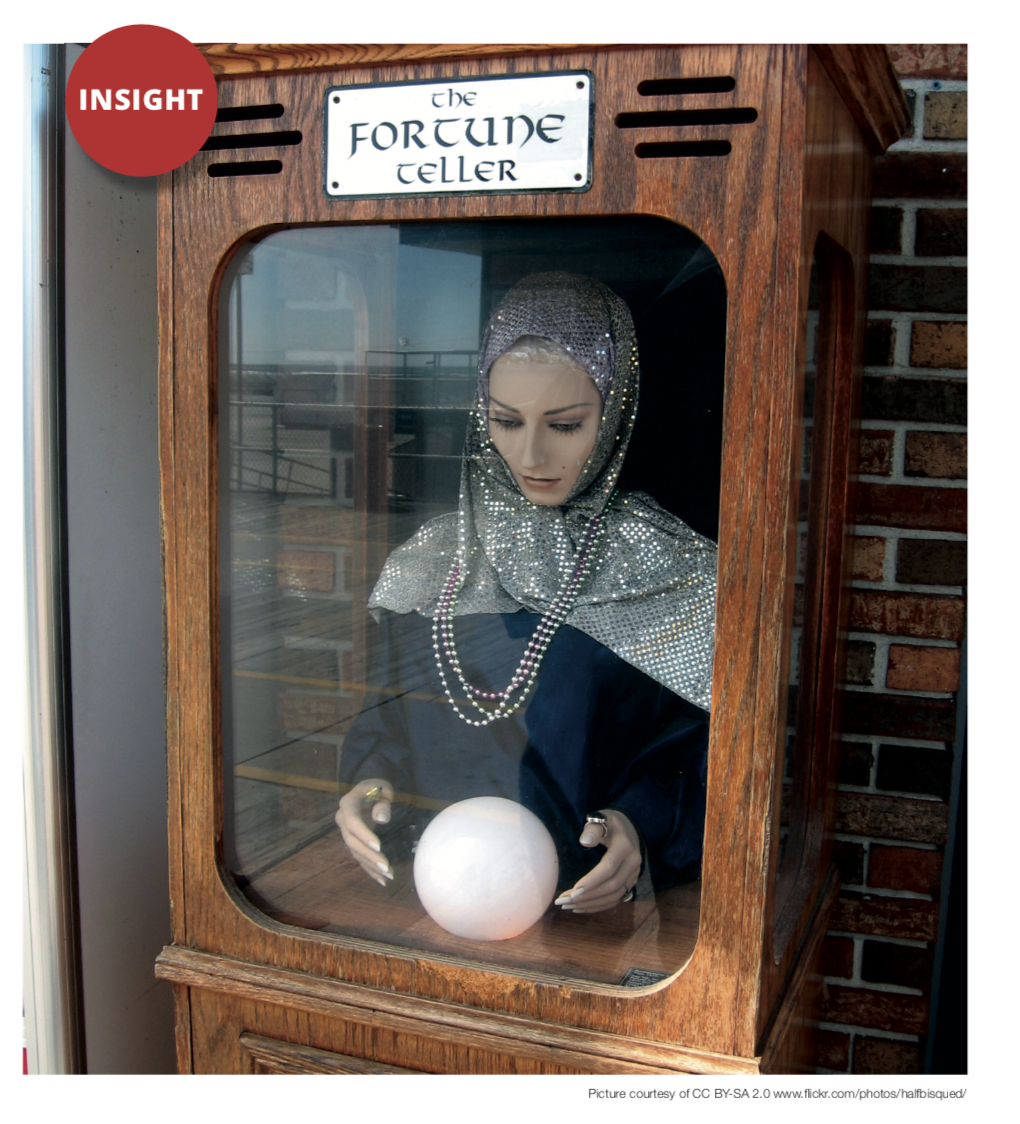Dr. Peter Scoblic is a co-founder and principal of the strategic foresight consultancy Event Horizon Strategies. A former executive editor at The New Republic and Foreign Policy who has written on foresight for publications including the New York Times, The Washington Post, Science, and Harvard Business Review, Peter is also a senior fellow with the International Security Program at New America, and an instructor for the Professional Development Program at Harvard University. Previously, he was deputy staff director of the Senate Committee on Foreign Relations, where he worked on approval of the New START agreement and was the chief foreign policy speechwriter for Chairman John Kerry.

On the eve of a particularly fraught election and a turbulent moment in US political history, Peter joined me for a discussion about his career, ranging from post-Cold War nuclear arms policy to the relationship between policymaking and pop culture, plus the practical question of how and to what extent we can usefully predict the future. The interview will appear on this blog in three parts, but you can read it in its entirety as a PDF download here.
I began by asking Peter if he’d always been ambitious to work in foreign policy.
Foreign policy is something I’ve always been interested in, especially national security work, and particularly nuclear weapons work. There’s been a wonky streak running through me over the years, often focussed on these dark existential issues.
It goes back to being a child of the 80s; I believe the second movie I ever saw was War Games, starring Matthew Broderick, in which a teen hacks into the computers of NORAD, the aerospace defence command. I was probably too young to see it and the experience, combined with the actual headlines of that decade, planted a seed which I was able to explore as a student at Brown.
Read more